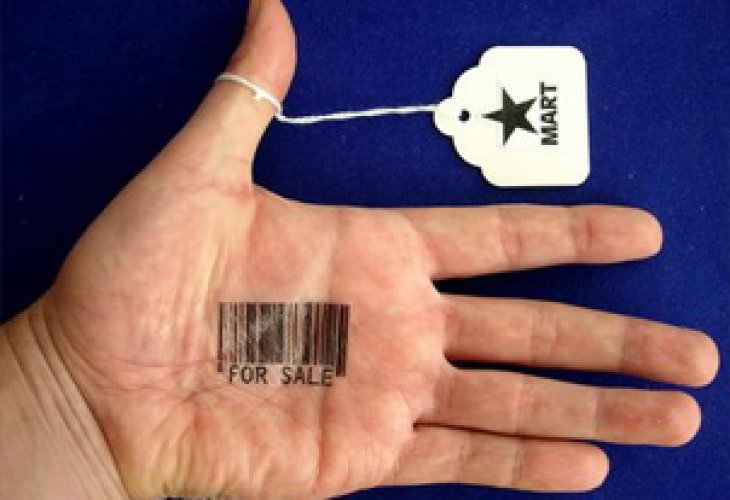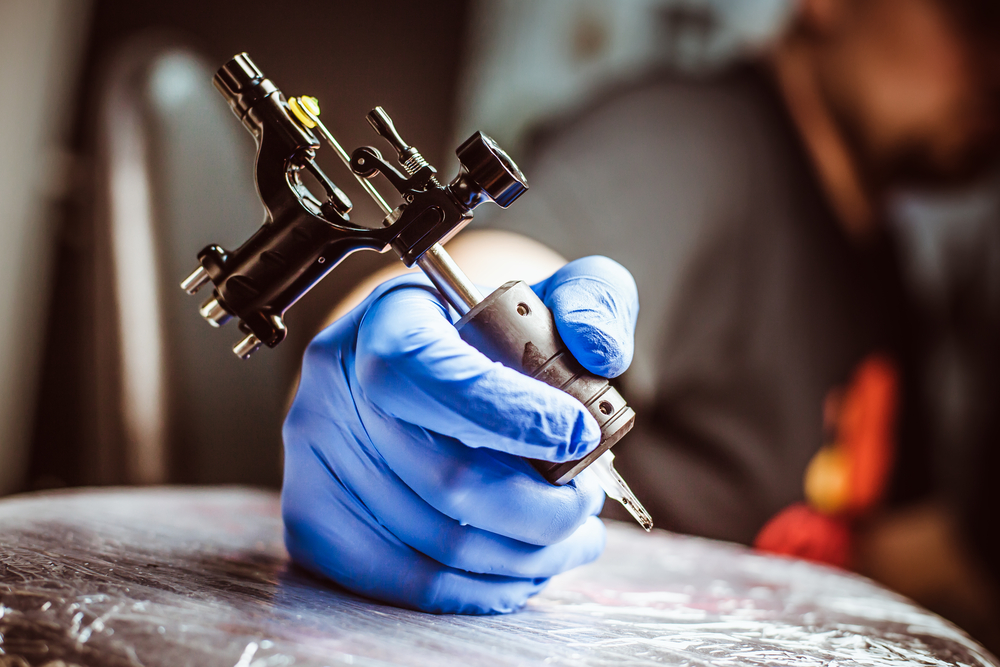Jewish Law
The Jewish View on Tattoos: Why the Torah Forbids Them and What to Do If You Already Have One
Learn why the human body is viewed as a divine trust and why even a permanent mark can be met with forgiveness and spiritual renewal
- Dudu Cohen
- |Updated

In recent decades, many young men and women have chosen to tattoo their bodies with designs, symbols, or letters. However, Judaism takes a clear stance: “You shall not make any cuttings in your flesh for the dead, nor print any marks upon you” (Vayikra 19:28).
Before discussing questions such as removal, it’s important to understand why the Torah forbids tattooing in the first place. After all, isn’t one’s body their own?
Rabbi Yitzchak Fanger explains: “The assumption that your body belongs to you is mistaken from the outset. A person is not allowed to injure themselves, because the body isn’t theirs — it’s on loan from God, like a rented car that must be returned in good condition.”
He adds that Judaism distinguishes between medical or reconstructive procedures done for health purposes and purely aesthetic alterations done out of vanity.
Regarding tattoos, Rabbi Fanger cites Maimonides (Rambam), who wrote that tattooing is a pagan custom, and the Jewish people are commanded to be distinct. “The entire culture of body worship and physical decoration is not a Jewish concept,” Rabbi Fanger says. “The human body should appear dignified — without scribbles or markings.”
The Spiritual Meaning of the Prohibition
Is there also a deeper, mystical reason behind it? Rabbi Fanger explains: “A tattoo grounds the soul too deeply in physicality, and anchors the person to the material and animalistic world. The Hebrew words kakua (engraved) and karua (torn) share a root; both describe a distortion of spiritual flow. Tattoos disrupt the pure, spiritual connection between the person and the Creator — especially if the image or symbol contradicts holiness.”
The Myth About Burial and Tattoos
Regarding the widespread rumor that tattooed individuals cannot be buried in a Jewish cemetery, Rabbi Fanger says that this is nonsense. “Of course they can be buried. I have no idea where that myth came from.”
The Inner Meaning: “In You” vs. “On Your Flesh”
Rabbi Yitzchak Gabay adds deeper Torah insights: The verse says, “You shall not place a tattoo in you”, instead of “on your flesh.” Why?
The Or HaChaim explains that the wording “in you” means the tattoo affects not only the body but the person’s inner being — their spiritual self.
The Sforno offers another layer: the Jewish people are forbidden to make any permanent mark on their bodies except for circumcision, which symbolizes their eternal covenant with God. Creating another permanent mark undermines that sacred eternal bond.
The Sefer HaChinuch adds a historical reason: “Tattooing was a custom of idolaters, who would inscribe the names of their deities on their skin. The Torah commands us to refrain from this practice.”

What If Someone Already Has a Tattoo?
If someone already got a tattoo and later regrets it, Rabbi Gabay notes that this question is discussed in modern halachic responsa: “The Torah says, ‘You shall not put a tattoo in you’ — meaning the prohibition applies to the act itself, not its ongoing existence. Once the tattoo is done, one is not continuously sinning every moment thereafter.”
However, he emphasizes: “Even though there’s no halachic obligation to remove it, all authorities agree that it is praiseworthy to do so, since it remains a ‘reminder of sin.’”
Is Tattoo Removal Permissible if It Involves Pain?
If injuring oneself is forbidden, how can one undergo painful tattoo removal? Rabbi Fanger explains: “Halachic authorities write that self-injury is prohibited only when it’s done for no reason and causes suffering. But when done for a constructive purpose, such as for repentance, it is permitted. Today, tattoo removal can be done under local anesthesia, minimizing discomfort.”
He adds that this distinction shows the difference between self-harm and self-correction. The Torah’s prohibition on tattoos isn’t about pain, but holiness and identity.
The Tattoo Artist’s Responsibility
If someone tattoos others for a living, that person violates two prohibitions,” Rabbi Fanger explains. “First, the direct prohibition of making a tattoo; and second, the commandment ‘Do not place a stumbling block before the blind’ (Vayikra 19:14), by enabling another person to sin. In some ways, it’s even more serious than tattooing oneself.”
The Body as a Sacred Trust
Judaism teaches that the human body is not personal property — it is divine property entrusted to human care. Tattoos, once a pagan expression of ownership or identity, contradict the Torah’s view that our bodies are intended to reflect inner holiness, not external markings.
For those who already have tattoos, the Torah’s message is not rejection, but redemption: the power to restore one’s dignity and return the body to the sacred purpose for which it was given.

